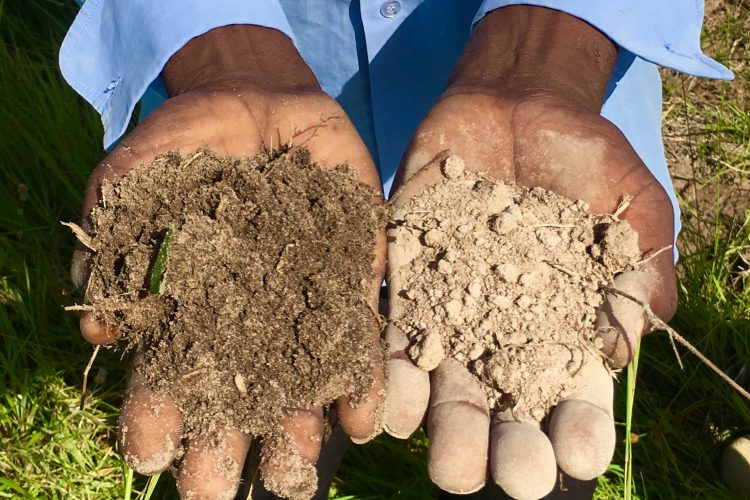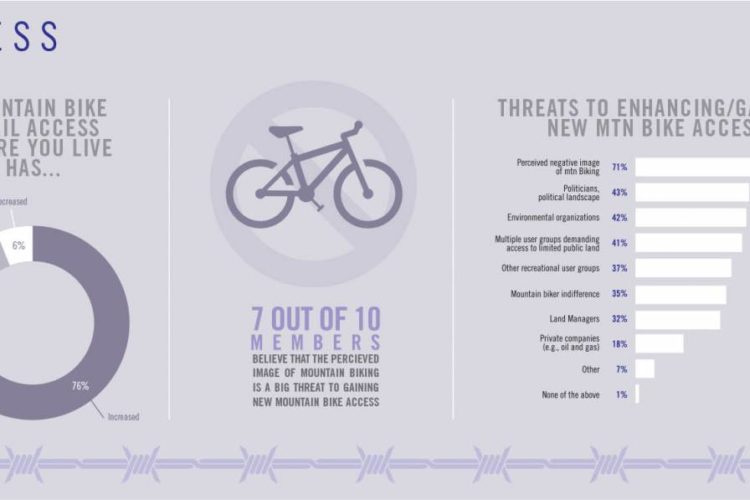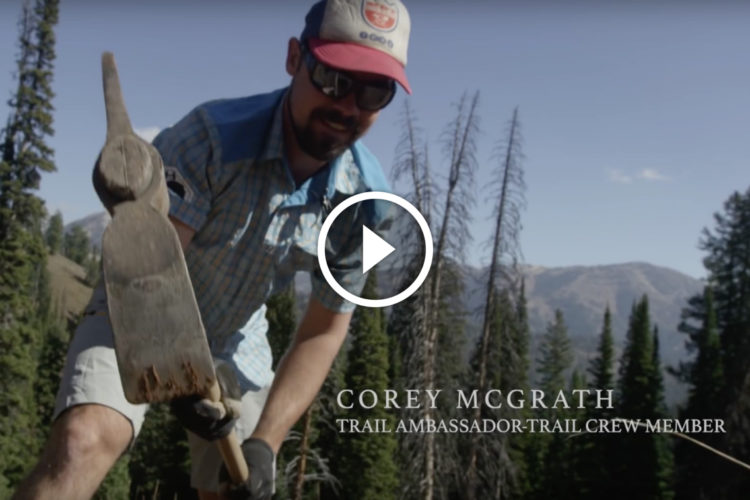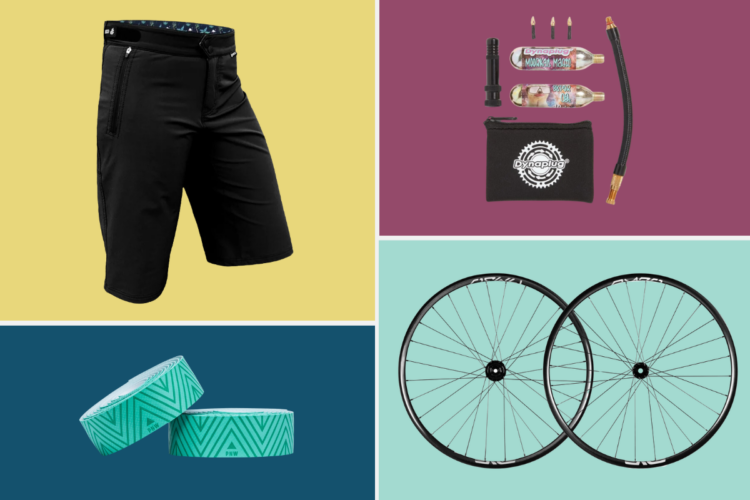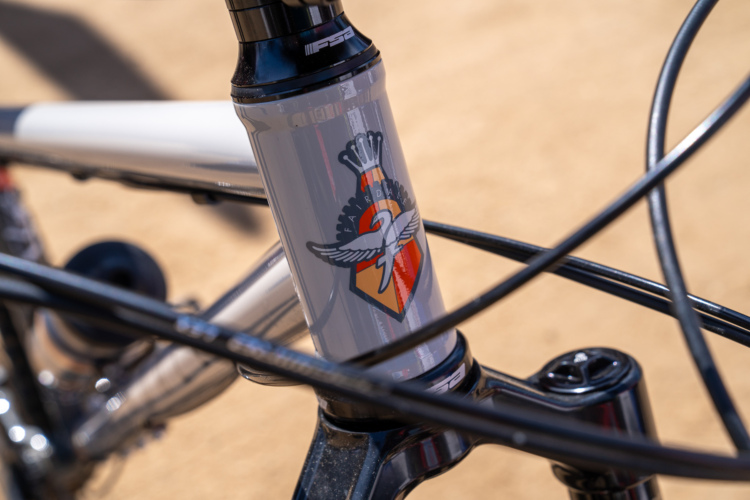
If you haven’t had a chance to ride in Washington State yet, you’re missing out on arguably the best riding in the Pacific Northwest — south of the US – Canadian border anyway.
From urban bike parks to remote trails deep into the Cascade and Olympic Mountain ranges, Washington is home to some 6,700 bikeable trails totaling more than 11,100 miles. Places like Chuckanut and Galbraith in Bellingham and Duthie Hill and Tiger Mountain just outside of Seattle are internationally renowned trail systems that are a must-visit on your Washington bike vacation. And more trails are on their way.
The business of trail development
Strategic planning, land use management, stakeholder engagement, political lobbying, advocacy, project management, and so much fundraising. Trails don’t just get built overnight and there is a lot of work — both bureaucratic and physical — that goes into them.
Specifically, it’s that part between dreaming of a trail to actually getting shovels in the ground that takes the most time, effort, and money. Luckily, mountain bike clubs and associations exist throughout the US (and the world) to create and maintain trail access for mountain bikers.
One of the more successful among these organizations is the Evergreen Mountain Bike Alliance (EMBA) in Washington state. This 501(c)(3) nonprofit, is the largest statewide mountain bike association in the US, and is internationally known for their development of world-class trails and advocacy around trail and public lands protection in benefit of the mountain bike industry.
In 2020 alone, Evergreen was active in 25 trail projects supported by over $1 million in funding and thousands of volunteer hours. 2021 is slated to be twice as active with over 50 miles of new trails planned to be built. This is all part of their 10-year strategic vision, which —spearheaded by Executive Director Yvonne Kraus — set a goal of 200 miles of new trails between 2015 and 2025.
It is largely thanks to Evergreen’s work over the past 30 years that Washington has become such a stand-out state for mountain biking.
What makes them so successful?
For one, it’s an organization run with the professionalism and expertise of a business. While mountain bike associations are often volunteer-run and operated, Evergreen is a professionally-run organization with staff — including trail builders— being remunerated for bringing their expertise to the mountain biking realm.
Two, success is built into their organizational structure.
“There are a couple of things that make us successful in our setup. Importantly, we do everything on a statewide level,” explained Yvonne Kraus, executive director of EMBA.
“By using the boundaries of the state, we can be most successful in our lobbying efforts and our legislative asks in Olympia. The different chapters are all run under the same 501(c) non-profit Evergreen umbrella.”
Additionally, each of the eight chapters benefit from Evergreen’s unique financial model, which ensures that all chapters get a slice of the funding pie.
“When I joined, the chapters outside the Puget Sound barely had any paid trail contracts or any projects in the pipeline, other than maintaining the areas that already existed,” revealed Kraus. “I interviewed the chapters and they wanted to see the resources coming their way. And so, looking at the whole picture, I made a commitment to really focus on chapter development. I’m really proud of the fact that we now have paid projects happening in 7 out of the 8 chapters.”
Three, Washington state has some legislation and support in place that encourages recreational development.
The state’s Recreational Immunity Statute protects landowners from being sued if a cyclist or other recreational user hurts themselves while on the landowner’s property. This protection enables Evergreen to work with landowners and land managers across the state to create and ensure access to trails.
“Additionally, Washington has one of the nation’s strongest recreation grant programs through the recreation and conservation office,” Kraus added. “We do have to lobby for that funding every year, and make sure that funding stays strong, but without the RCO, Evergreen wouldn’t be where we are right now.”
And finally, there is a lot of community demand and support for more trails. Mountain biking is booming and the increase of trail users has placed a big strain and conflict on the existing trail systems, particularly in the densely populated areas of Seattle and Spokane. Evergreen harvests the concerns of their stakeholders to demonstrate a need and to lobby for more trails at the state capital.
A model to aspire to
Kraus said Evergreen has been approached by organizations from neighboring states wanting them to expand and elevate mountain biking in their regions as well. But with the beneficial cultural and legal environment in place in Washington, they’re not likely to expand across state lines.
“We’ve kept our mission focused on Washington because we think we can be most successful here,” Kraus said. “But I share our model(s) widely and know that Oregon, Idaho, and California at the least have reviewed our business model presentation and budget template as they’re looking to get organized statewide.”
In neighboring Oregon, the Oregon Mountain Bike Coalition (OMBC) is among those aspiring to achieve what Evergreen has in recent years.
“What Evergreen has been able to unlock for trail users across Washington by partnering with a host of different land managers and leveraging multiple state and federal funding opportunities all while building a strong, statewide mountain bike community is absolutely something that every state should look at,” commented Matthew Weintraub, Coalition Manager of OMBC.
“Those of us on the initial Steering Committee and Board are certainly aware of Evergreen’s financial model and their success but given a variety of factors replicating their model here in Oregon wasn’t the best fit… their success is due in part to the tremendous value Washington State places on outdoor recreation and the corresponding funding pathways the state has developed for what it views as a priority for its citizens. And it is important to note that the relationship is commensurate; Evergreen has been a tireless advocate for the development and the maintenance of that funding.”
A woman at the helm

Leading Evergreen toward success is Dutch-born Yvonne Kraus.
After a nearly two-decade career in land use planning, green building and energy efficiency consulting, Kraus stumbled into the mountain bike industry after a friend encouraged her to apply for the then-vacant E.D. position at Evergreen.
“I wasn’t looking for a job or a career change, but here was this opportunity to run a nonprofit as an executive director and working with a board on some really exciting projects, in a sport that I absolutely love doing. Why wouldn’t I just give myself the opportunity to at least interview and find out what this is, you know?” Kraus recalled.
The interview led to the job in 2015 and while breaking trail is the ultimate goal, you won’t find Kraus with a shovel in the woods very often. Instead, she is tasked with the far more tedious job of developing the organization, finding funding, stakeholder management, and implementing a very complex cost sharing system.
“I attend a number of volunteer work parties every year, but my technical trail building knowledge is still very limited,” Kraus said with a laugh. “As we’re getting more sophisticated year over year, most of what I do is in organizational management and the advocacy to make those trail projects happen.”
Now well-respected in her role, Kraus admitted that her entry into the mountain bike industry didn’t come easy.
“I feel very fortunate that in most of my career, I have never consciously faced or had to worry about not having the opportunity to do well or to work my way up because I am a woman. That is to say, I never felt a gender barrier. But when I entered this space, it really seemed like there was a long period during which I had to prove myself,” Kraus said.
“It is more male-dominated and there are some strong personalities. It took a good amount of time for me to prove myself, in part because I was new to an industry that is built around a very long standing community. But I did feel like I had to break in and break through a little bit… but just like any adventure or mountain bike race, that’s just another obstacle along the trail that you have to overcome. And because of the progress that we started seeing soon and the difference we were making as an organization, I feel like I’m beyond that barrier now.”
No stranger to encountering obstacles on the trail, Kraus competed in her first bike race, a BMX race, in The Netherlands when she was just eight-years-old. She won and a passion was born.
However, it wasn’t until she moved to the United States as a 19-year-old for an internship in Tahoe that she fell in love with mountain biking in earnest.

“I think I rode Flume Trail on a rental and I was hooked,” she said.
A former die-hard hardtail riding and spandex-clad XC racer, Kraus is an accomplished athlete who has competed worldwide in XTERRA Triathlons, long-distance mountain bike marathons, and multi-day adventure races.
But since joining Evergreen, Kraus has also developed a taste for the more technical riding and can even occasionally be found on a shuttle.
“This has been a direct result of the mix of trail that’s available, the people that I’m riding with, and the exposure that I’ve had,” she said. “My riding style has completely diversified.”
Her progress in many ways also mirrors that of the state’s trails.
In looking back on her first five years with the organization, and the midway point of their 10-year strategic vision, Kraus said:
“When applying for this position I thought it would be a really fun challenge and career switch that would be very meaningful and rewarding. And that’s exactly what it’s been for five years. But what I’m most proud of, in addition to the financial sharing model, is just the diversification of the trail projects statewide and the diversity of trails that we build.”
More resources:
To learn more about mountain biking in Washington State, visit the EMBA website.
And should you find yourself in the greater Seattle area, Kraus encourages you to ride Tiger Mountain, one of her favorites.
“I am personally a huge fan of Tiger Mountain because I’ve been riding there for 20 years. I used to have one single little loop that included a road climb because you only had one downhill trail. And now we have 30 miles of singletrack trail including a climbing trail. In my opinion, it’s the crown jewel of mountain biking in the Puget Sound.”











